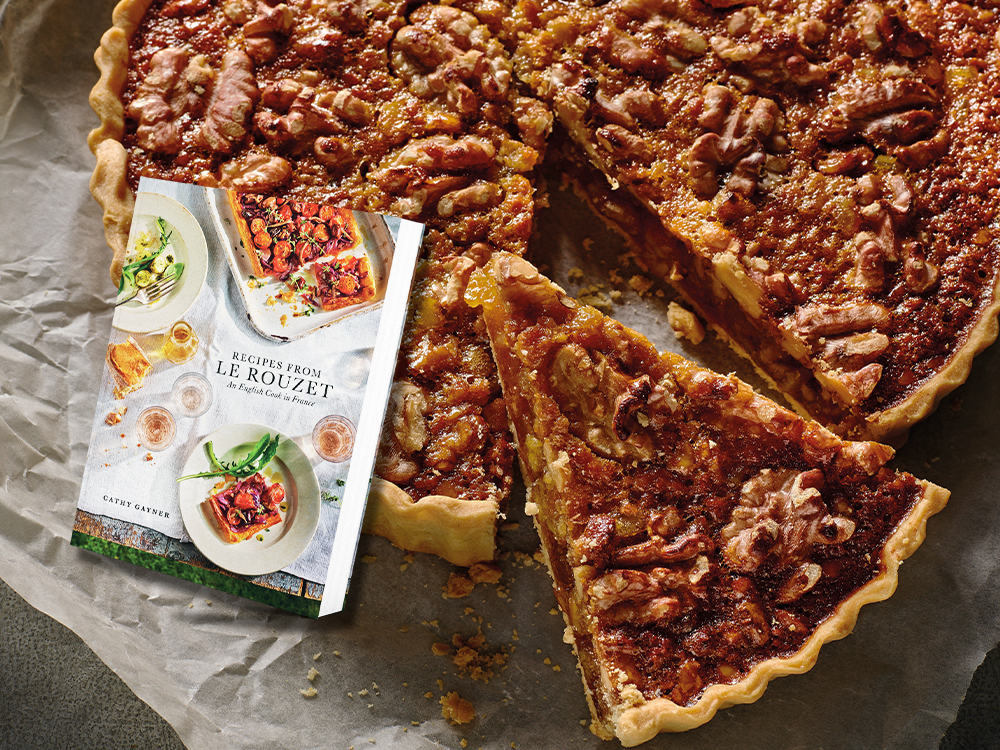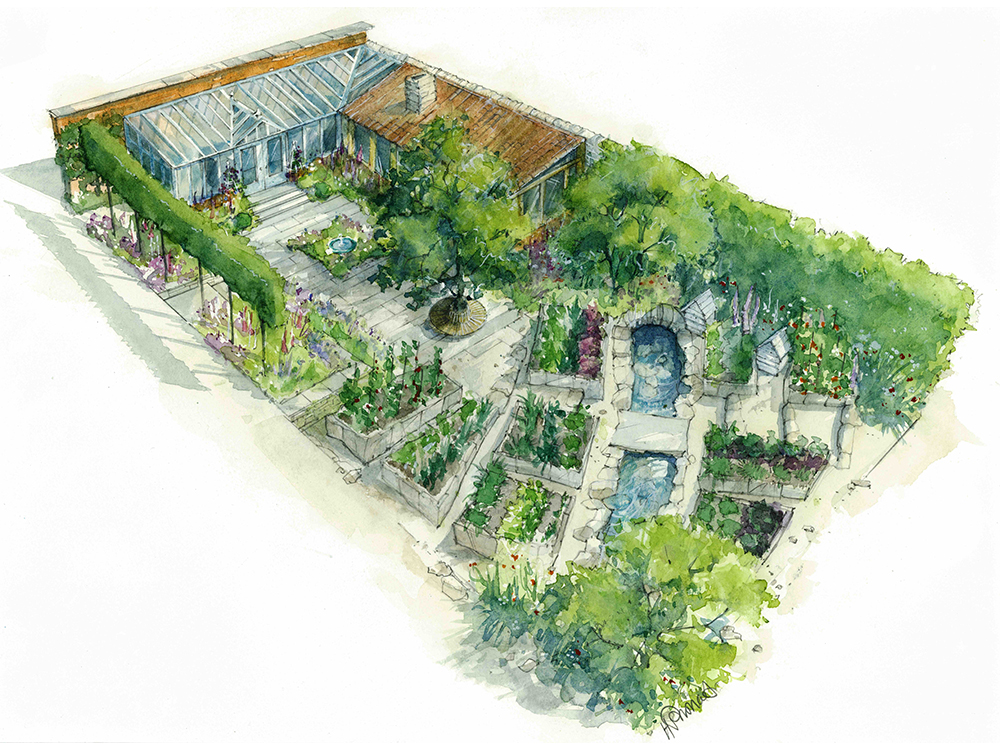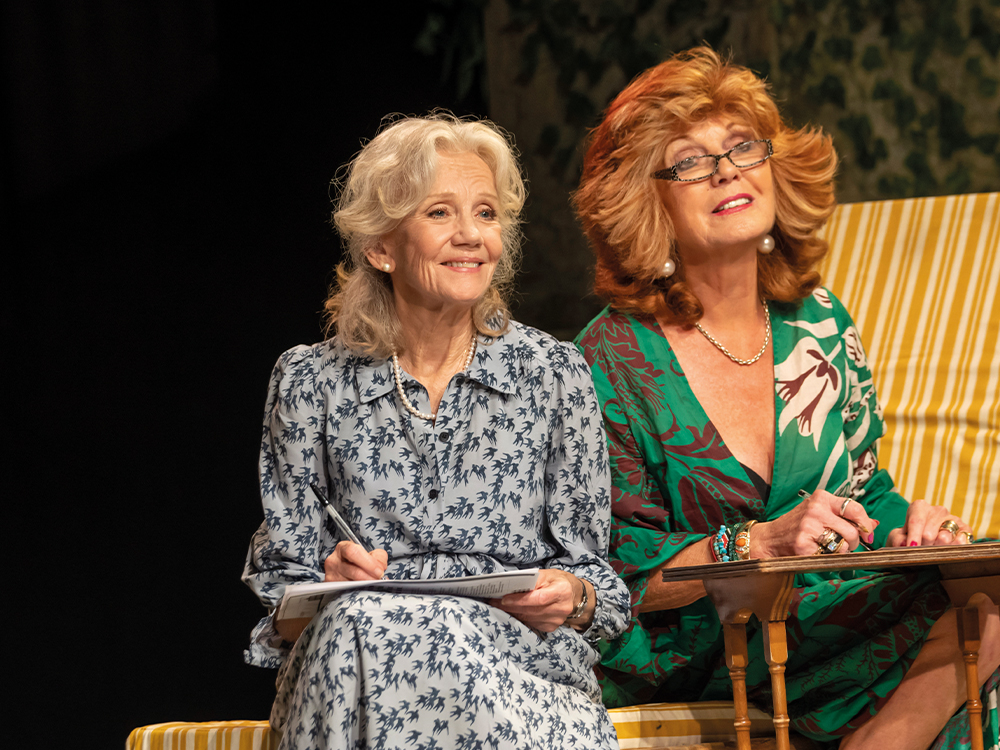Featured
TOP STORIES

Cult show Neighbours returns to TV
Neighbours is returning to TV screens next year… Here’s why this is such good news for us all.

What is solution-focused hypnotherapy
Woodley-based hypnotherapist Sophie Price explains how this approach can help a frazzled mind.

Hampshire Fairy Lights & Fizz Highlight
Showcasing Hampshire’s finest still and sparkling wines, the celebrated Christmas event Fairy Lights & Fizz returns to Guildhall Winchester on Friday, 9th December.

Sobell House cookbook Matt Allwright Q&A
Matt Allwright whose recipes are featured in The Sobell House Vegetarian Cook Book, shares his thoughts.

November recipes: French Kiss
Cathy Gayner’s Recipes from Le Rouzet – An English Cook in France, is out now, in aid of Age Unlimited. Here’s a taster…

Chobham’s ‘King of Chelsea’ Mark Gregory
Mark Gregory returns to RHS Chelsea Flower Show 2023 with a “Plot To Plate” haven for Savills.

Star Q&A: Hayley Mills
Actress Hayley Mills talks about life & loves ahead of starring in The Best Exotic Marigold Hotel.

Which menopause treatment’s best for me?
Dr Marion Gluck explores the different treatment options for anyone experiencing menopause or perimenopause symptoms.

Celebration of Champagne with Giles Luckett
Round & About’s resident wine columnist gives his top picks for the new season – mellow wines for the mellow season!
No posts found
No posts found
No posts found
No posts found

ABOUT US
Over the Years

2025
Round & About now have 31 editions reaching over 620,000 homes each month
22 employees, and over 600 businesses advertising each month
2019
The team won gold for Commercial Team of the Year and Regional Media Brand of the Year
at the British Media Awards 2019
2016
Round & About held
the first of two SO
Food Festivals
in Wallingford in September




